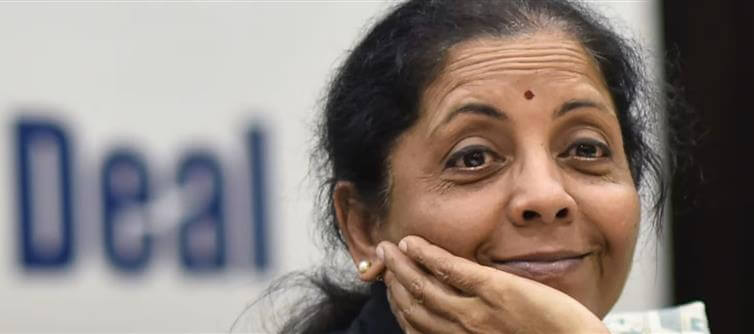
India’s tax system, while vast in scope, has long been accused of favoring the powerful and burdening the salaried middle and upper-middle class. A simple comparison highlights the striking disparity: a salaried individual earning ₹9 crore may pay nearly ₹4 crore in income tax—an effective rate upwards of 42%. In contrast, a business with ₹20 crore in revenue might pay just ₹80 lakh, thanks to numerous deductions and accounting loopholes.
Meanwhile, agricultural income—regardless of how vast—is entirely tax-exempt, even if it crosses ₹40 crore. Political parties, with declared revenues of ₹7,000 crore, and the BCCI/IPL ecosystem generating over ₹12,000 crore, pay virtually zero income tax. These inconsistencies fuel resentment and are a major factor behind India’s growing brain drain.
Highly skilled professionals in tech, finance, and research increasingly seek opportunities abroad—not just for better pay, but for fairer systems that reward effort without disproportionately punishing honest, transparent income. In countries like the U.S., Singapore, and Germany, tax systems are more balanced, offering deductions across income classes and rewarding innovation. In contrast, India’s patchwork of exemptions, loopholes, and politically sensitive exemptions has made the system feel unjust. The perception that salaried individuals are subsidizing political parties, wealthy farmers, and sporting bodies contributes to frustration and migration.
Addressing this imbalance doesn’t require a revolution—but it does demand thoughtful, phased, and politically feasible reforms. First, a phased 10–15% tax on agricultural income above ₹1 crore can be introduced, carefully exempting small and medium farmers. This alone could generate an estimated ₹20,000 crore annually, which could be reinvested into rural skill development and deficit reduction.
Second, enforce fiscal responsibility on state freebies—capping them at 5% of the state budget and tying them to measurable outcomes like employment generation or health coverage. Voter education—through mobile apps or NGO partnerships—can highlight the long-term debt burden created by unchecked populism (e.g., Punjab’s ₹3 lakh crore debt). Lastly, india should incentivize returnees from the global workforce, especially in STEM, by offering 5-year income tax rebates and simplified compliance. This could be funded by privatizing 10 consistently loss-making PSUs, which may unlock up to ₹5 lakh crore in capital and signal a commitment to efficiency and modernity.
As india grapples with a 4.8% fiscal deficit in FY25 and targets a reduced 4.4% in FY26, these reforms—though incremental—can lay the foundation for a fairer economy. True patriotism isn’t just about staying; it’s about building a system worth staying for. When opportunity outweighs frustration, brain drain will stop—not because professionals are asked to sacrifice, but because the system finally starts working for them.




 click and follow Indiaherald WhatsApp channel
click and follow Indiaherald WhatsApp channel